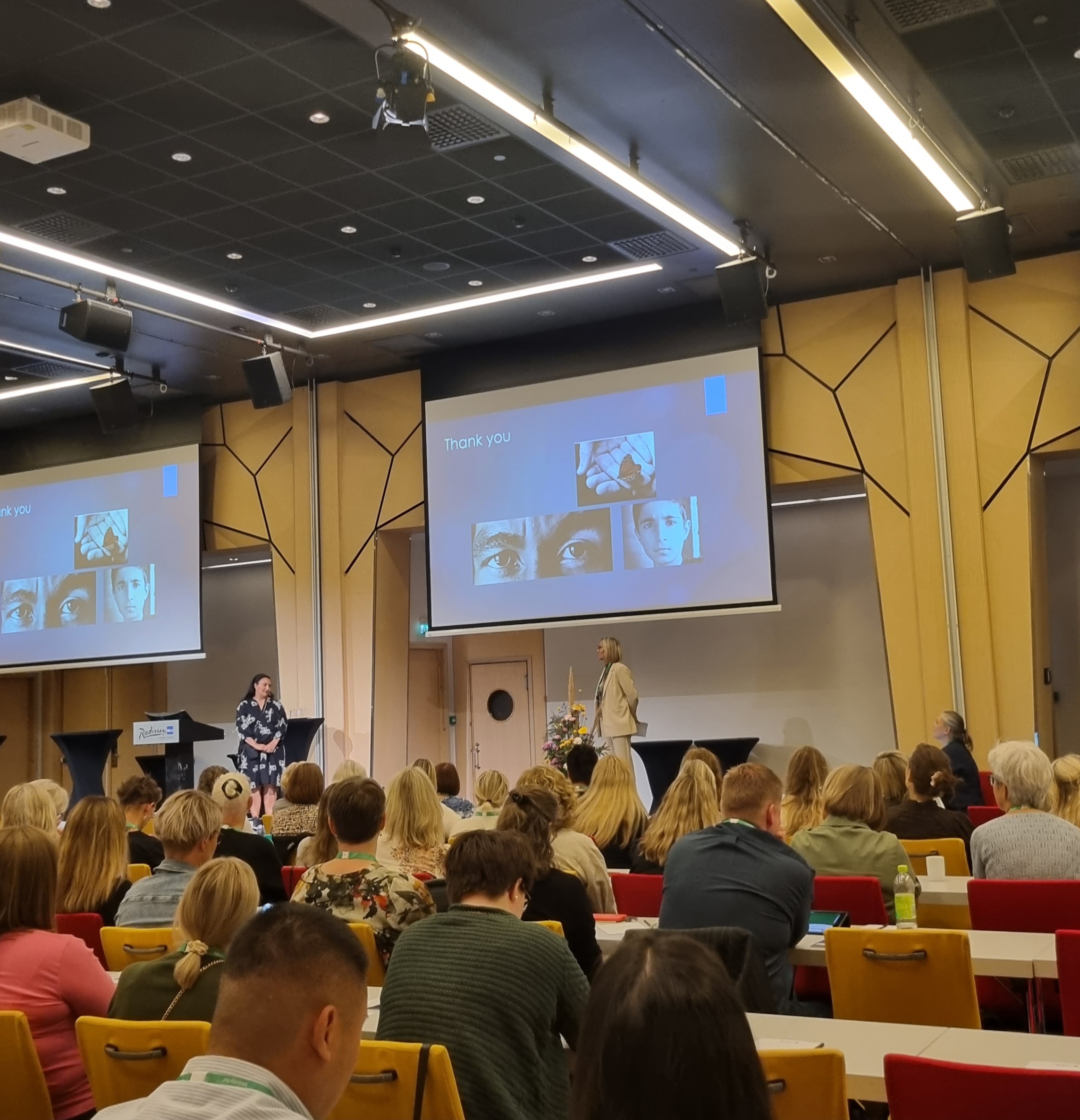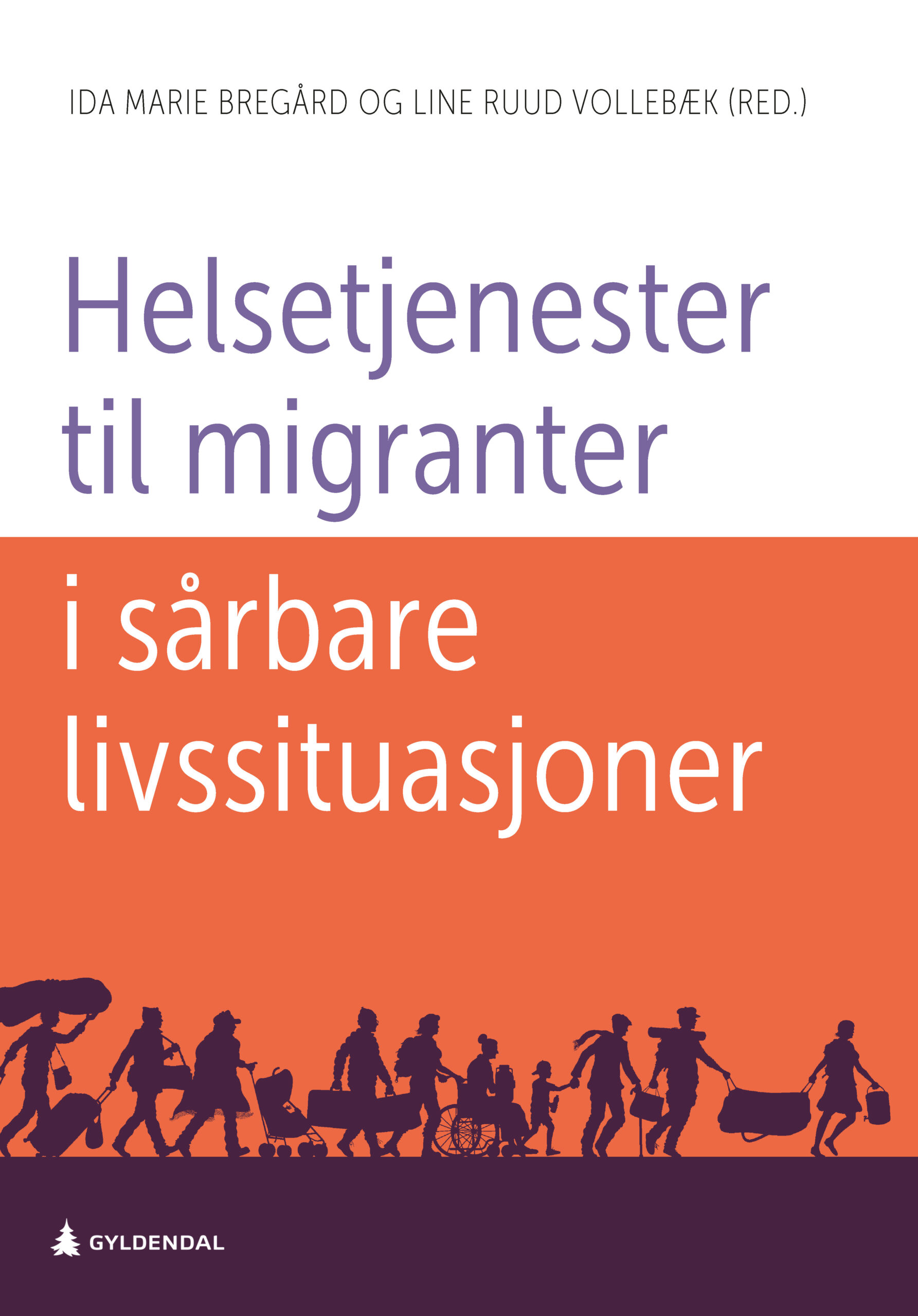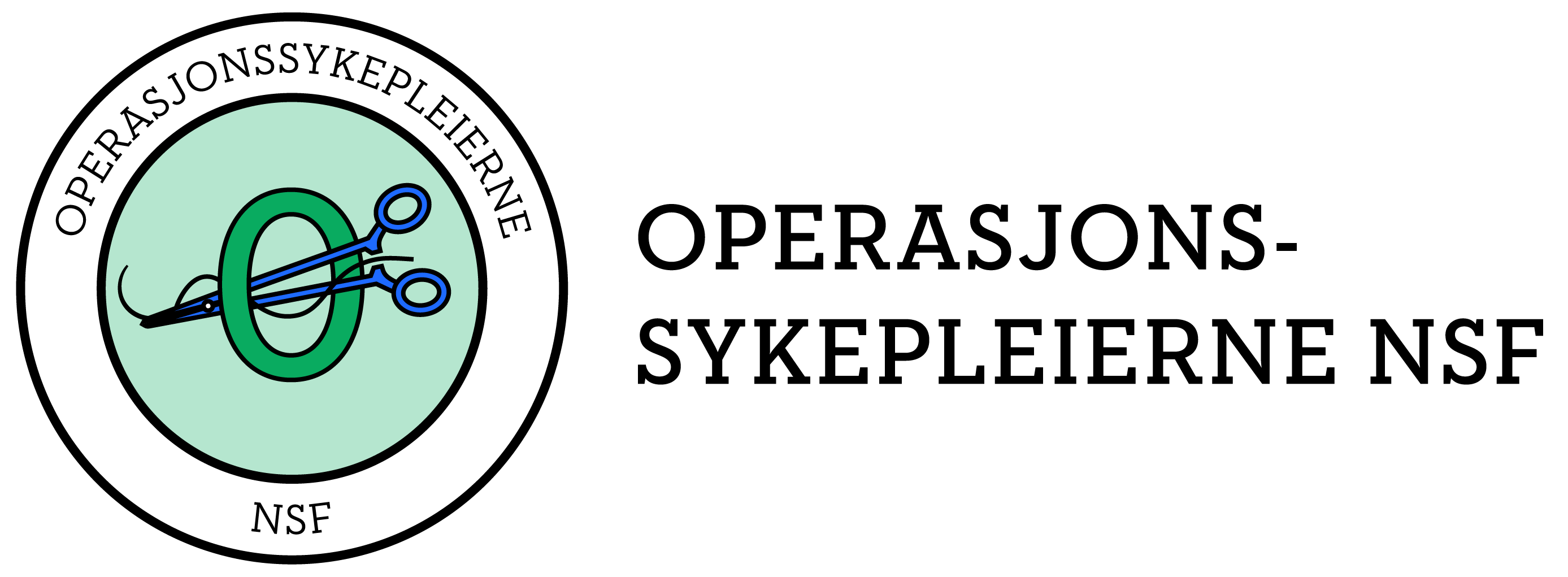Ana Carla S P Schippert
Operating room nurse

Ana Carla Schippert (NO)
Operasjonssykepleier
Master grad i sykepleie forskning og fagutvikling.
Psykologi utdanning fra Portugal
Styremedlem i NSFs faggruppe for Migrasjonshelse og Flerkulturell sykepleie
Leder på dagkirurgisk avdeling på Ahus – Ski
Stipendiat på OsloMet med prosjektet “Giving torture survivors a voice”.
Ana Carla Schippert (ENG)
RN, OR nurse, MSc.
Psychology study from Portugal
Board member in NSF Migration health and multicultural nursing
Leader of daysurgery department, Akershus University Hospital, Ski
PhD candidate Oslo Metropolitan University with the topic “Giving torture survivors a voice”
Ongoing PhD project:“Giving Torture Survivors a Voice”
Title: Torture survivors in the surgical ward: Recommendations to prevent re-traumatization during surgical treatment
Abstract
Introduction: The 20th century was dubbed the “refugee century” due to the tens of millions of people who were forcibly displaced from their homes. The majority of refugees and asylum-seekers entering Europe have endured multiple traumatic events. Several of them have been tortured. Surgical treatment poses a risk of retraumatization of patients who have been subject to torture because healthcare professionals in surgical departments are not trained to recognize the signs of torture or to provide appropriate care to torture survivors.
Aim of the project: This project seeks to develop a set of guidelines/recommendations for preventing the re-traumatization of torture survivors undergoing surgical care. In four deliverables, we intend to: (1)Summarize studies on the experiences of torture survivors receiving treatment for somatic diseases in order to identify the triggers/reminders that can lead to re-traumatization in the context of health care, (2) Identify clinical guidelines and recommendations to clarify best practices and enhance the capacity to treat torture survivors in somatic health care effectively and safely, (3) Examine how survivors of torture receive surgical health care in various settings, such as operating rooms, intensive care units, and outpatient clinics in host countries, and (4) Create and evaluate a set of clinical guidelines to prevent the re-traumatization of torture survivors in the surgical department.
Conclusions: This project identifies potential retraumatization triggers for torture survivors undergoing surgical treatment and makes recommendations for preventing this from occurring in its conclusion. According to the findings, healthcare providers should consider the biopsychosocial conditions, as well as personal attitude changes and cultural sensitivity, of cancer survivors. Moreover, they must identify patients who have been tortured, determine when professional interpreters are required, and make any necessary adjustments to prevent re-traumatization.
Ana Carla S P Schippert after her presentation.
She gave a poignant and very interesting presentation about survivors of torture and how surgical personnel’s treatment of the patient can trigger re-experience the trauma (pdf.)
This is an ongoing phD, the presentation from this session can therefore not be shared.

Related to this topic, she also recommend the book “Helsetjenester til migranter i sårbare livssituasjoner”.

